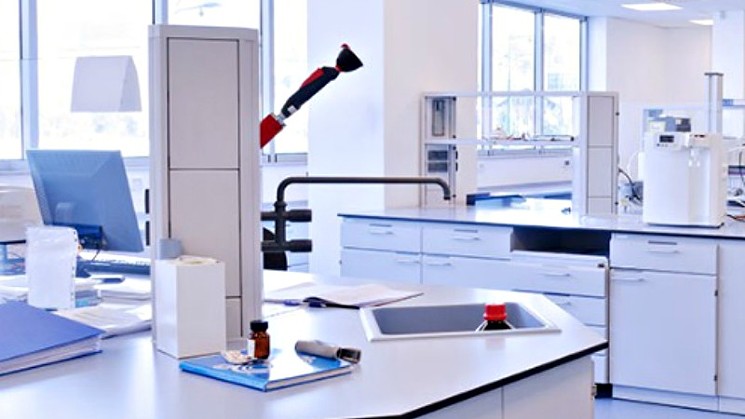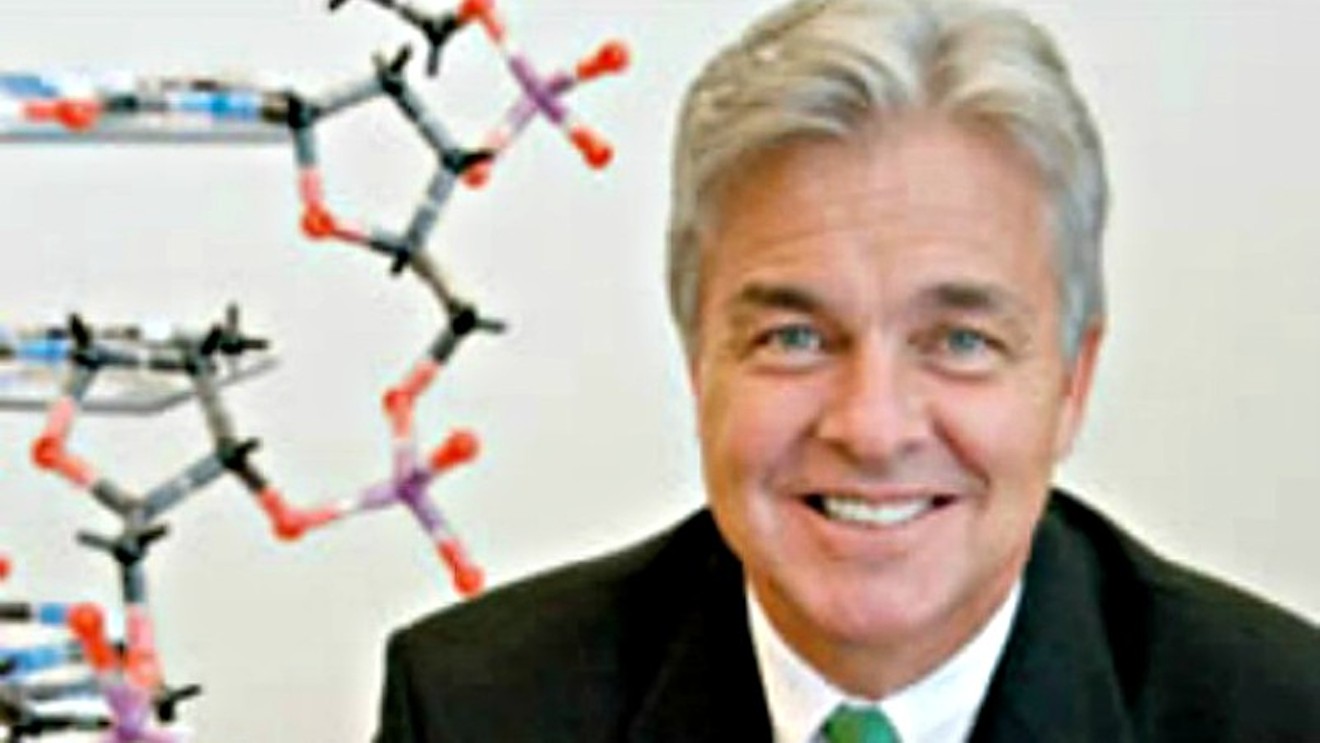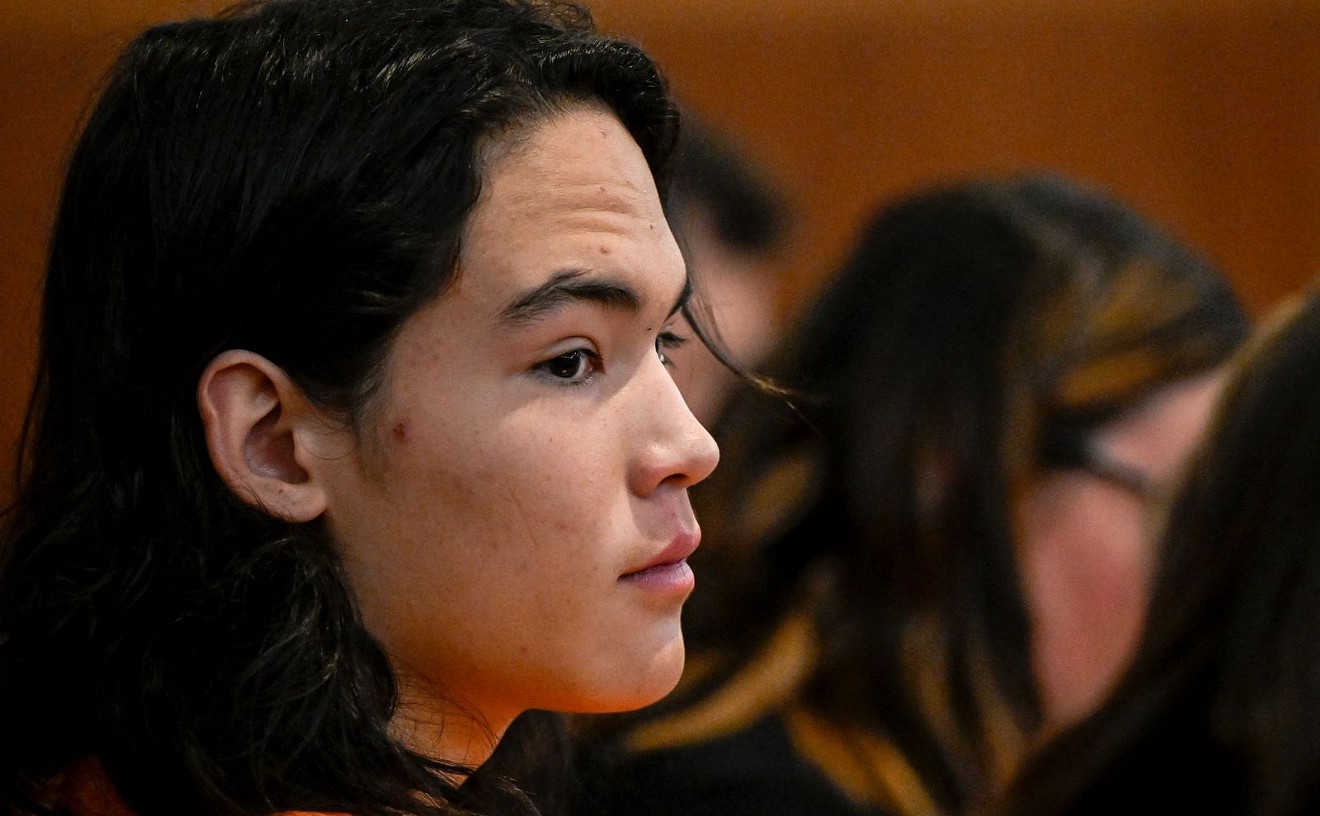"We helped solve a home-invasion murder down in Scottsdale, Arizona," Morrissey says. "We helped solve a brutal hammer murder of an elderly woman in Utah. And we've helped Virginia and a few other states catch rapists. In Wisconsin, they caught two serial rapists and one who raped a 101-year-old woman."
He's confident that similar breakthroughs in Colorado are just around the corner.
"Metro Denver Crime Stoppers came to us and wanted to partner to help solve some cold cases in the metro area," he notes. "We're currently working on at least seven cases. Most of them are rape-murders — one of them is a rape — and I believe the oldest case we're currently working on is 1980. They're cases out of Aurora, Douglas County, Lakewood, Jeffco, all around Denver, and we've actually come up with people of interest in about half of them. Detectives are doing follow-up work now, and even though we haven't been able to close any of the cases out yet, I think we could have announcements within a couple of months, which is really exciting."
Familial DNA, in which authorities zero in on suspects by using markers connected to family members whose genetic material is stored in law enforcement databases, is undeniably effective. But it remains controversial in some quarters, since the aforementioned DNA tends to be collected after arrests of relatives for crimes completely unrelated to the ones for which a new suspect is being sought.
Morrissey, however, sees no ethical questions surrounding the use of familial DNA, as he first explained to us back in November 2009, after local investigators used the technique to bust and convict one Luis Jaimes-Tinajero; the 21-year-old had cut himself while breaking into a car, and the blood he spilled scored a family match. When asked about privacy concerns, Morrissey told us, "The Fourth Amendment deals with search and seizure. And, if you think about this, what you're taking is evidence that's been left at the crime scene by the perpetrator. And there's no constitutional expectation of privacy in that DNA. It's been abandoned, and we're running it against the DNA of somebody else whose sample we obtained legally."
He added: "In order to be able to claim a Fourth Amendment violation, you have to be able to claim that something was searched where they had an expectation of privacy. Well, you don't have an expectation of privacy for your brother's or your father's or your son's DNA. That's personal to them. It's just being used to search against somebody else's DNA, so that we can get a lead to catch the real person."
Right now, thirteen states whose officials agree with this philosophy are using familial DNA, and Morrissey points out that "nine of them are using our software."

A photo from the United Data Connect website.
Here's how Morrissey describes the process: "Say you've got a DNA profile from a murder. You upload that to CODIS [the federal Combined DNA Index System], and you don't get a one-to-one match, because the guy's not in the database. But our software will search your database and tell you if his father's there, or his brother's there, or his son's there. It gives you a likelihood ratio of relatedness. It can be female or male, but it has to be direct relatives."
In the case of males, he goes on, "you'll test the Y chromosome to see if they have the same type Y chromosome as the person in the database. Then it takes the Y matching and the high-likelihood ratio and turns over a name in the database. Then, suddenly, you've got the software telling you that the person you're looking for is this guy's son. At that point, the investigator asks, 'How many sons does he have?' Maybe the guy had three sons and two of them were in the penitentiary, but there wasn't DNA from one of them in the database because things were backlogged. So they move him up on the list, and boom, we get a hit."
The scope is even larger for genetic genealogy, Morrissey explains, "because you're not just using the criminal system. You're using the public system, where people are putting their DNA profiles into genetic open-source databases to get more information about their families. People are putting their information in there because they want to, so you can utilize that to catch criminals. Law enforcement submits a single-source crime scene sample and you get all this information about who they are potentially related to genetically. In that case, you have to engage a genealogist, because it's a much more complicated process to get to the individual that may be related to the suspect. You could be dealing with third or fourth cousins."
Right now, United Data Connect is, by Morrissey's own admission, "a small company." But he sees tremendous potential for growth.
"I just wish we could convince more states to do familial searching," he says. "I know it works, and it will help solve cases — significant cases. Hopefully, all this genetic genealogy will break down some of the resistance we've seen from state crime labs around the country and get more than thirteen of them to start doing it."
Click for more information about United Data Connect success stories.












